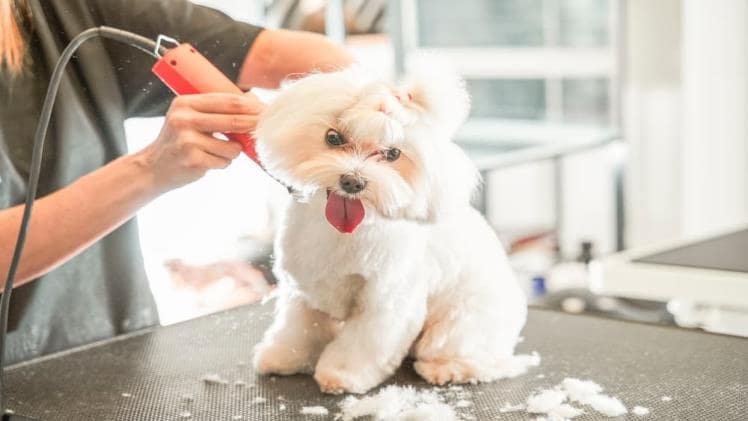A pet shop is a type of retail business where people can purchase animals for their homes, or pet care resources. These businesses also sell a wide variety of accessories and animal supplies. These products include food, toys, leashes, cat litter, and cages. This article will look at the various aspects of starting and running a pet shop.
Business plan for pet shop
Before starting a pet store, it is imperative to develop a business plan. This document will outline your business model, products, and services. It will also contain financial projections for the first three to five years. These projections will include your income statement, balance sheet, and comprehensive cash flow forecasts. These projections will be based on your prior business experience and the financial performance of other pet stores in your area. However, if you are planning to open a new store, you should modify these financial forecasts to reflect the unique strategy of your management team.
Finding a good location for your pet store is essential to its success. While choosing a high-traffic location is preferable, it can also be costly to rent space in a low-traffic area. To avoid this, it is best to explore neighborhoods and check if the area has many pet owners.
Cost of starting a pet shop
There are several ways to start a pet shop in Kuwait. A home-based business requires less outlay of cash and less overhead, so it may be a good choice for someone who has little or no experience in retail. Pet shops attached to veterinarians are particularly profitable. These types of businesses usually pay for themselves within one to two years.
One option is to specialize in a certain area. If you have a special knowledge about specific breeds of dogs, cats, birds, or other animals, opening a specialized pet store is a good choice. The more you know about a particular animal, the more likely your customers will be to trust you. You should also obtain the necessary licenses to sell pharmaceutical products and provide medical care.
Besides pet food, other products that you can sell include pet accessories. Pet owners will pay top dollar for good pet products. You can also sell dog treats and biscuits. You can also stock other pet-related items, such as collars, leashes, and toys. However, the selection you offer will depend on the space and inventory you have in your store.
Working conditions for pet store workers
Working in a pet store requires a wide variety of skills. Employees serve customers, help customers find their new pets, maintain the store, answer customer questions, and keep records. In some stores, employees also look after the health of the pets they sell. They may need to provide water and keep their cages clean.
Pet store workers typically earn minimum wage. Very few are paid commission for live animal sales, although some pet stores are transitioning away from that revenue stream. Working in a pet store requires workers to be friendly and knowledgeable about animals, as well as a good understanding of customer service. Some jobs in the industry may not be suitable for everyone, so you should check out working conditions before you decide to apply.
Job vacancies are posted on job sites and local newspapers. You can also apply for an apprenticeship scheme. You can find details on the National Apprenticeship Service website. While obtaining a qualification is not essential, it will help.
Income potential for pet store owners
If you’re thinking about opening a pet store, you should research the income potential of your chosen location. Ideally, you’ll want a location that gets good foot traffic and has affordable rent. It’s also helpful if the area has ample parking. Additionally, you’ll want to get a business license from the local government. If you plan to hire employees, you’ll need to obtain an Employer Identification Number (EIN).
As a pet store owner, you should avoid trying to be everything to everyone. Carrying too many products can lead to higher overhead and lower margins. Similarly, selling too many products can place your store in direct competition with big corporate pet stores, which typically have hundreds of locations. If you want to be competitive, you should focus on serving niche markets and selling a premium product. Be sure to employ experienced staff that can help you grow your business.

